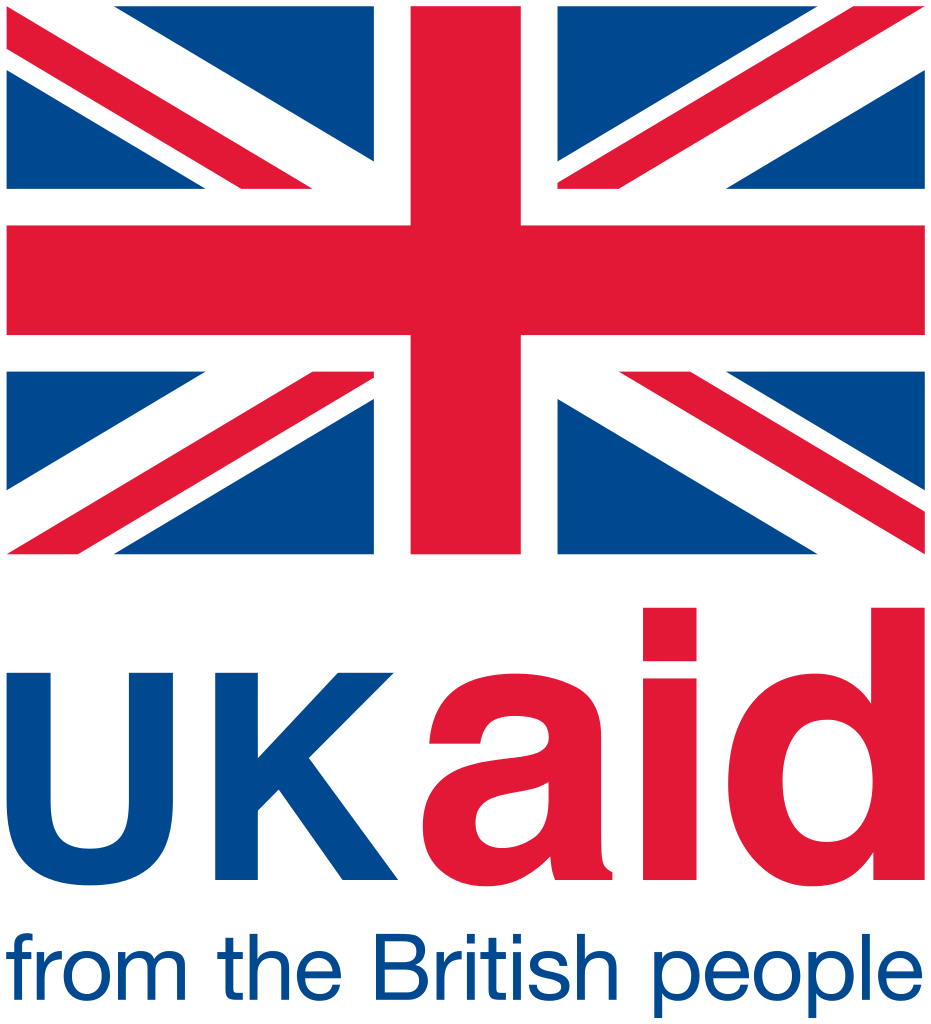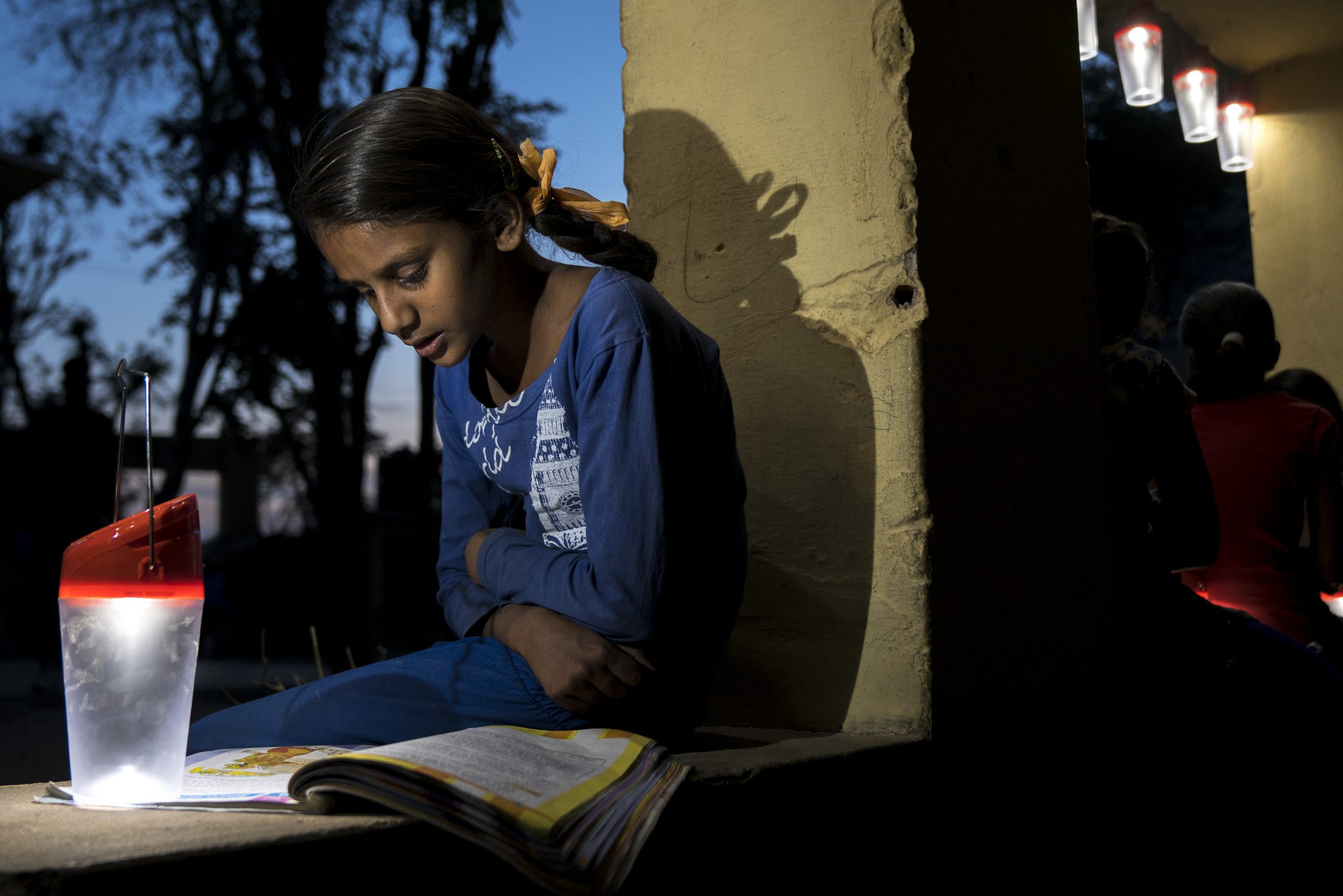Evidence has shown that safeguarding risks dramatically increase during an epidemic.
During the current period of uncertainty caused by Covid-19, it is vital that our partners are mindful of these increased risks and are equipped to prevent or deal with any incidents should they arise.
We are supporting all our partners in ensuring safeguarding remains a priority by highlighting some of the major risks that require more attention and how best to mitigate against them.
For ease we have broken down the risks into four clear areas:
- Who is most at risk?
- Why these risks are more prevalent during the pandemic?
- What are the risks?
- How do we mitigate the risks
 For more information, our strategic partner the UK Government, alongside Social Development Direct, has recently published guidelines on Safeguarding Against Sexual Exploitation and Abuse and Sexual Harassment (SEAH) during the Covid-19 Pandemic.
For more information, our strategic partner the UK Government, alongside Social Development Direct, has recently published guidelines on Safeguarding Against Sexual Exploitation and Abuse and Sexual Harassment (SEAH) during the Covid-19 Pandemic.
Who is most at risk of facing SEAH during the covid-19 pandemic?
- Women
- Girls (increased risk to adolescent girls)
- Boys
- People with disabilities
- Women working on frontline service delivery
- Displaced people which could be of a result of the pandemic
- LGBTQ+
Why are these risks heightened during the covid19 pandemic?
- Disruptions to livelihoods causing various issues in accessing basic necessities
- Separation and or isolation which may reduce safety net
- Scarce resources meaning a greater reliance on informal income which may result in unfair power dynamics
- Displacement due to Covid-19 may disable access to a ‘safe space’
- Reduction in usually available support services due to Covid-19
What are these groups most at risk of?
- Increased violence within the home or workplace due to the stress cause by the pandemic
- Key workers such as taxi drivers and aid workers exploiting power dynamics, physically and economically
- SEAH against adolescent girls particularly who no longer have a protective environment due to school closures
- Economic exploitation of those with mental / physical disabilities who require access to medication that may be scarce at current
- Sexual exploitation such as transactional sex due to increased rates of poverty due to lockdowns
- SEAH against women by security enforcement tasked with upholding the lockdown measures
How do we mitigate against these risks?
- Consistent communication on the importance of Safeguarding against SEAH across all channels
- Ensure there is accessibility to safely report Safeguarding issues should they arise in your organisation
- Increased efforts to ensure vulnerable groups directly and indirectly associated with your organisation are not at risk
- Pay attention to how the different working environment may heighten the risks to staff and beneficiaries
- Ensure that internal whistleblowing within organisations has been adapted to safely suit remote working
- Make a conscious effort to maintain the full due-diligence processes even where resources may be reduced
- Encourage the collaboration with existing safeguarding services at the country level where still operational
- Lastly, be agile and open to adapting processes / services during the Covid-19 pandemic to protect those that directly and indirectly come into contact with your organisation
We hope that these guidelines will benefit all our partners and ask that any safeguarding related matters are reported to: safeguarding@shellfoundation.org

